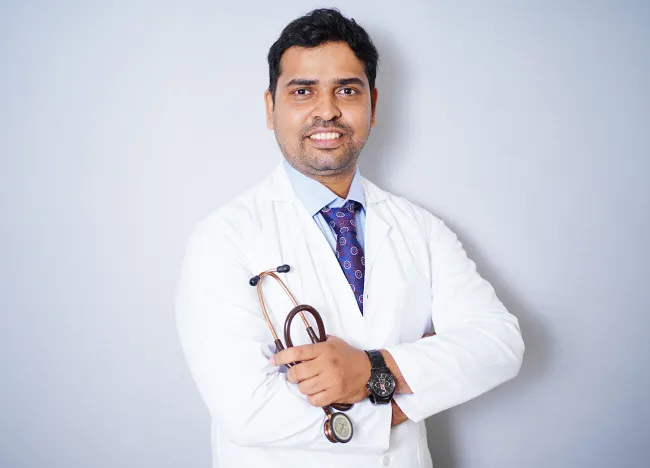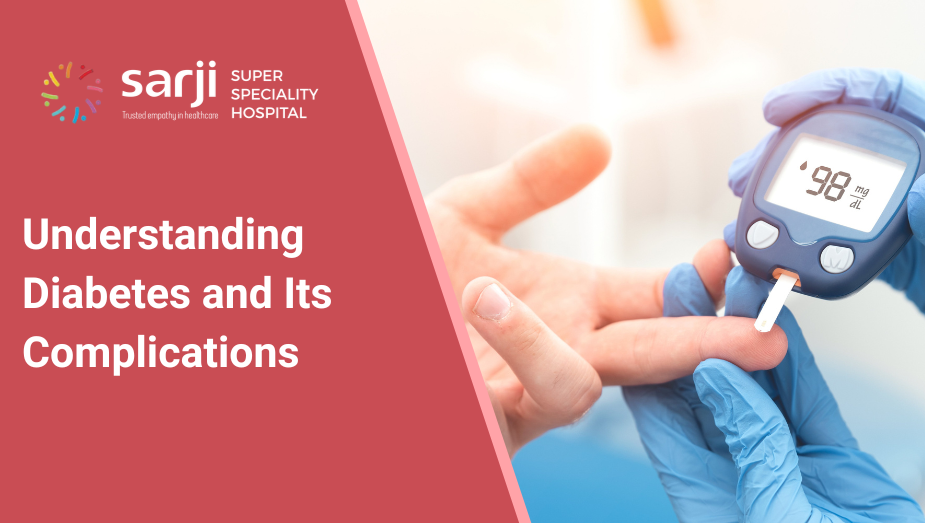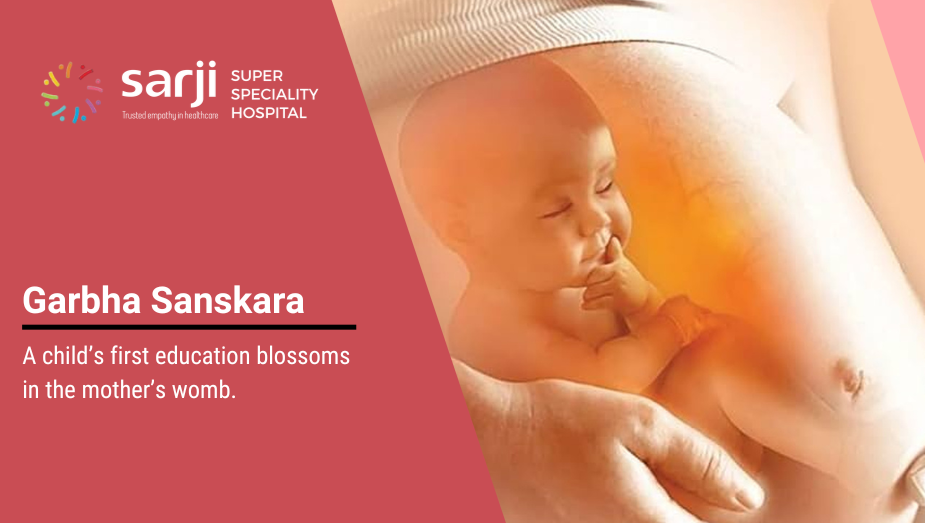Neonatology deals with treating new-born children. New-borns can have complex diseases which can be treated only by someone with unique skills and medical expertise. Babies who are born prematurely and those with underdeveloped organs require the care of a neonatologist the most.
Apart from providing care and treatment to babies, the neonatology department also provides services like counselling for parents before, during and after the birth of their child. This training helps parents feel more prepared to carry out their new-born’s responsibilities easily. Neonatologists are vital since any health issue that is unchecked or ignored in new-borns can haunt them in the future as adults by having adverse growth defects.
Types of Neonatology Services
Neonatology can be considered a sub-division of paediatrics, they specialising in providing care and treatment to infants. A neonatologist offers several types of treatments based on the patient's requirements. Some of them are as follows:
- Providing care during a C-section or any other medically complex delivery where the baby would require medical intervention right after the birth of the baby due to the ill health of the mother or the infant in the womb.
- Ensuring that the proper nutrition is given to babies for growth.
- Treating new-born babies with life-threatening diseases and infection.
- Diagnose and treat conditions like breathing disorders, infections or any kind of congenital disabilities in new-borns.
- Consult and coordinate with family physicians, obstetricians and paediatricians regarding issues affecting the new-born’s health.
Neonatology Symptoms
Both the foetus in the womb and the new-born baby may showcase a few symptoms hinting at the requirement of the specialities of neonatologists. While inside the womb, the mother may notice the following symptoms, which determine the need for a neonatologist during the delivery:
- The mother is unable to feel the baby move much
- Not enough weight gained
- Fluid leaks from the vagina
- The uterus is too small and hasn't dilated in accordance with the trimester.
- History of complications in prior pregnancies
After birth, a neonatologist would be required if the new-born has the following symptoms:
- Rapid breathing
- Minimal to no breathing due to blockage in the airway
- Low BP
- Pale grey or blueish skin colour
- Swelling in the eyes, abdomen or legs
- Problems in feeding
- The baby isn't crying after it's born
Apart from this, abnormalities in physical appearance can also be a symptom requiring the attention of a neonatologist. Sometimes babies are born with an extra pair of limbs or other body parts, which will need the specialities of neonatologists to be appropriately treated.
When To See A Neonatologist?
You may need to see a neonatologist if:
- The baby has had a premature birth
- The baby is injured during the birthing process
- The baby is born with a severe illness
- You are having a high-risk pregnancy.
- The baby is born with congenital disabilities like a weak immune system, underdeveloped organs, etc
- The baby has an irregular heart rate and breathing pattern
- If you're having conjoined twin
- In the case of sepsis which can be life-threatening
- If the mother has bacterial infections like chorioamnionitis
- In cases of hypoglycaemia
You may also see a neonatologist to treat certain birth defects when the baby is still in the utero of the mother.












